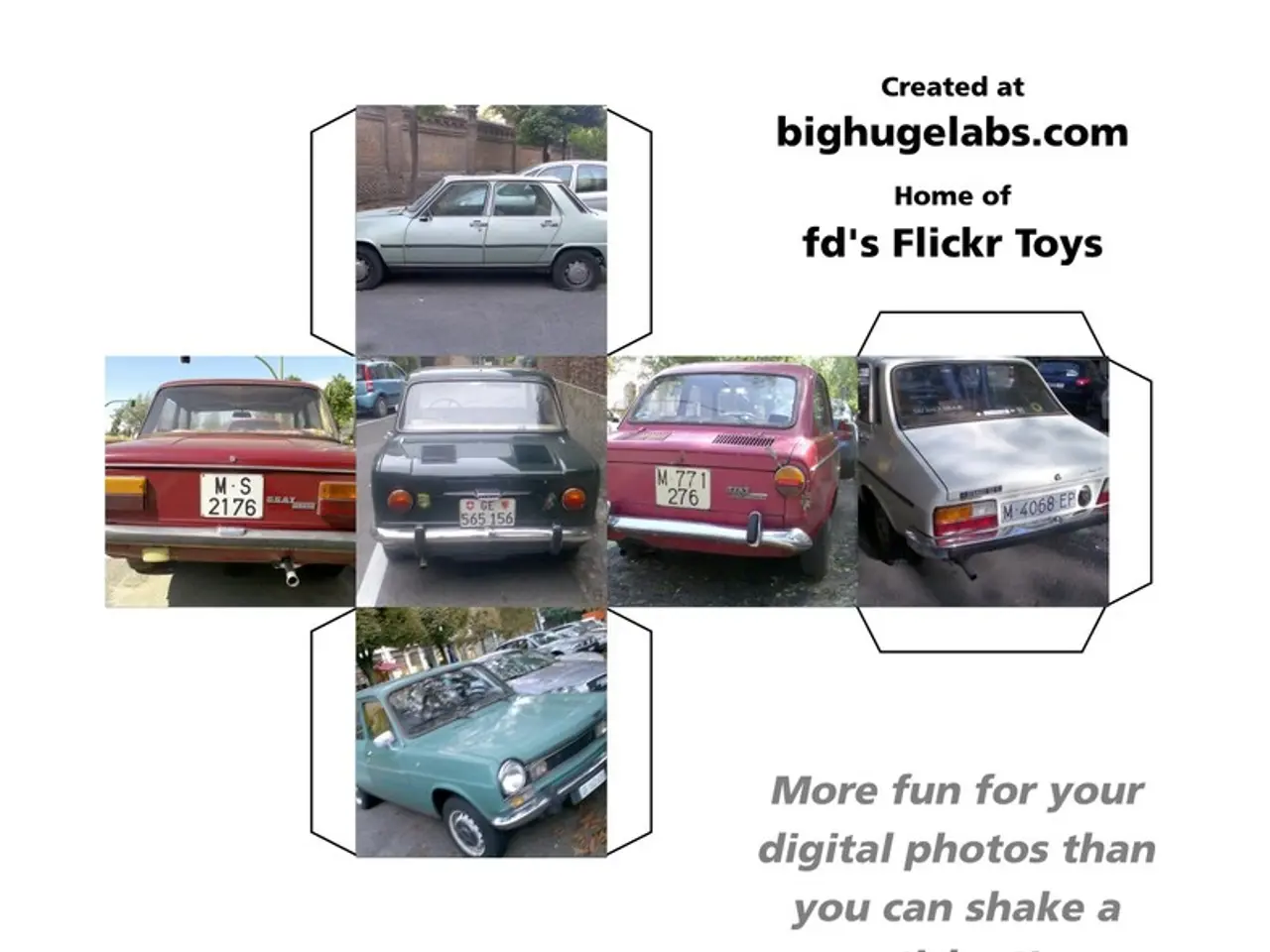Analysis of Generative AI Applications in the Automotive Sector, 2025 Forecast Study - Voice Assistants Powered by AI Expected to Become Common in Vehicles by 2033 - ResearchAndMarkets.com's Report
The automotive sector is witnessing a significant shift as companies adopt Generative AI (Gen AI) in various aspects of their operations. This technological transformation is driving faster innovation, enhanced safety, sustainability, and smarter mobility solutions over the next decade.
Leading automotive companies are already leveraging Gen AI for a variety of use cases. For instance, Volkswagen is integrating ChatGPT-powered voice assistants in vehicles, while General Motors is using AI for fleet monitoring and predictive analytics. Toyota is advancing autonomous driving with AI systems, and Hyundai is using AI for vehicle features and logistical robots.
Design and Development
In product design, Gen AI can optimize design ideas and accelerate prototyping. Companies like Nio, Mercedes-Benz, KIA, and automotive suppliers such as Soundhound AI, Continental, and Cerence-Skoda are focusing on Gen AI voice assistants. The rapid technological transformation in the industry is a major growth driver for Gen AI, which is being used to create next-generation human-machine interfaces.
Manufacturing and Supply Chain
In manufacturing, Gen AI can reduce bottlenecks on assembly lines, provide real-time production insights, and automate quality control with synthetic data augmentation. In the supply chain, Gen AI will be used to optimize inventory and demand forecasting, improving resilience and cost-efficiency. Forvia Hella and Turo are examples of companies with evolving Gen AI case studies in autonomous driving and supply chain optimization.
Autonomous Vehicles
Gen AI will make a significant contribution towards autonomous vehicle development and operation. It will accelerate design iterations, simulation, testing, and operation of autonomous driving systems and robotaxi services. Companies like Forvia Hella and Turo are already exploring these possibilities.
Shared Mobility and Fleet Management
Gen AI will support shared mobility by increasing the efficiency of fleet management, ride booking, pricing, and route planning. In logistics, Gen AI will play a key role in choosing the optimal vehicle for a trip, planning routes based on real-time traffic data, and customer support functions.
Customer Engagement
Companies intend to enhance customer engagement and satisfaction by leveraging Gen AI to increase the efficiency of customer support chatbots. In retail, Gen AI can provide 24x7 sales support to dealerships with human-like interactions.
Corporate Functions
Gen AI will also play a key role across various corporate functions including Finance, Human Resources, and Marketing. Companies can expect growth opportunities such as subscription revenue through GenAI-powered voice assistants, ushering in an era of AI-driven manufacturing, and transforming customer engagement.
However, there are growth restraints for Gen AI in the automotive market, such as data privacy concerns, issues with reliability, regulatory issues, and practicality. Despite these challenges, the potential benefits of Gen AI are too significant to ignore, and it is expected to significantly influence automotive value chains in the next decade.
The "Strategic Insights of Generative AI and Its Automotive Use Cases" report has been added to ResearchAndMarkets.com's offering, providing a comprehensive analysis of the scope of analysis, growth drivers, growth restraints, key automaker Gen AI use cases by value chain, potential applications of GenAI in key corporate functions, and case studies.
In conclusion, Gen AI is a disruptive technology that can ease the workload and support employees in an organization to achieve their goals faster and with greater accuracy and efficiency. As the industry continues to evolve, we can expect to see even more innovative applications of Gen AI in the automotive sector.
- The rapid advancements in artificial intelligence (AI) are driving the automotive sector, with Ford using AI for automotive design by optimizing design ideas and accelerating prototyping.
- Volkswagen, for instance, is integrating ChatGPT-powered voice assistants in vehicles, while Toyota is advancing autonomous driving with AI systems.
- In the transportation industry, Gen AI is expected to optimize inventory and demand forecasting in the supply chain, improving resilience and cost-efficiency.
- Also, Gen AI will be instrumental in the development of autonomous vehicles, accelerating design iterations, simulation, testing, and operation of autonomous driving systems.




